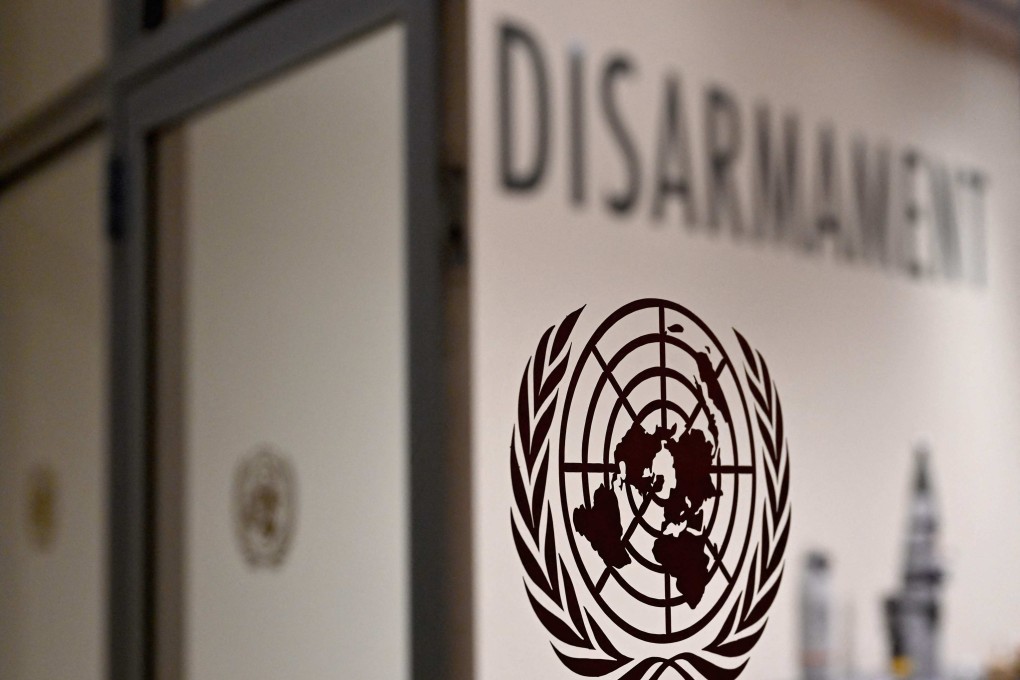Indonesia calls for tighter IAEA oversight on nuclear-powered submarines, warns of safety risks
- Jakarta’s paper to UN conference says lack of IAEA safeguards against highly enriched uranium could be exploited for use in nuclear weapons programmes
- Indonesia’s position is unlikely to affect bilateral ties with Australia, but supervision of nuclear material aboard submarines could prove difficult, analysts observe

In its paper, Jakarta said it “notes with concern” the potential consequences of nuclear-powered submarine capability sharing to the global non-proliferation pact, and called for “strict observance” by the International Atomic Energy Agency (IAEA), a UN nuclear watchdog.
“The exclusion of the production, use, and disposition of highly enriched uranium for nuclear naval propulsion from the IAEA safeguards could be exploited to provide a shield for diversion of that material to nuclear weapons programmes,” the paper said.
Jakarta also underlined the safety risks that could occur “during transportation, maintenance, and use” of nuclear naval propulsion, saying that Indonesia’s position as an archipelagic state “increases the level of vulnerability” to potential risks such as nuclear leaks, which could lead to “catastrophic humanitarian and environmental consequences”.